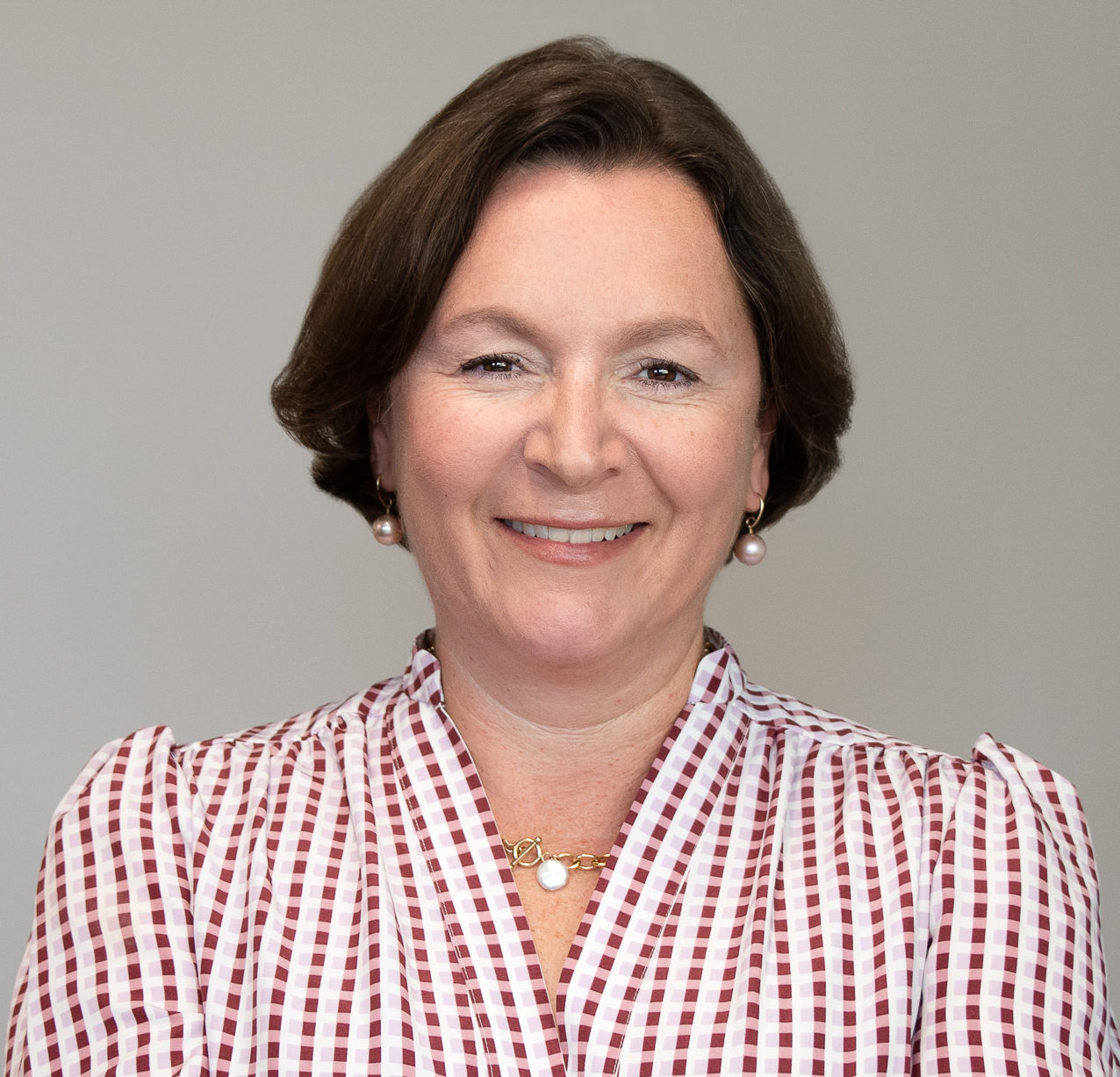In the Wake of a Disaster, Taking a Cue from Who Wants to Be a Millionaire
At the Center for Disaster Philanthropy, we are called upon daily to field questions about how to effectively respond to a disaster. On each of these calls, we do our best to provide super specific responses based upon the needs of an affected community and based on what we know to be true from past […]
At the Center for Disaster Philanthropy, we are called upon daily to field questions about how to effectively respond to a disaster. On each of these calls, we do our best to provide super specific responses based upon the needs of an affected community and based on what we know to be true from past disasters. “What Should I Do?” and “How Can I Help” are frequently asked questions. In an effort to help think about how to respond to a disaster, before a disaster, it is helpful to look to the tenets of Who Wants to Be A Millionaire. With images of prize money drifting from the sky, and eager contestants practically falling out of their chairs to grasp the greenbacks, you might think that I am a bit kooky to equate WWTBAM with disaster philanthropy. I promise, there are morsels of wisdom to be found!
Every contestant on WWTBAM is called to answer a series of multiple choice questions – each with an associated prize amount. The questions get more difficult as contestants advance in the game, but there are several opportunities for the contestant to ask for help. I think that we, as private philanthropists, can apply these principles to philanthropic disaster response.
Phone A Friend
In the wake of a disaster, call trusted friends, colleagues and experts. The Center for Disaster Philanthropy staffs a 24/7 hotline (206-072-0187), and collectively, CDP stakeholders have well over 200 years of disaster and philanthropy experience. Reaching out to other funders is also helpful – call your colleagues and find out how they plan to respond to the disaster. Call funders who have dedicated a portion of their overall portfolio to disasters to learn from them. Call funders who have themselves been hit by a disaster and ask them how they responded to the needs of their community. Lastly, be sure to stay tuned to this space (LINK) for our soon-to-be-released Playbook – a one-stop shop for private funder strategies on how to respond to a disaster.
50/50
Take a calculated risk. We know from past disasters that vulnerable populations are going to be hit the hardest in the wake of a disaster and that support for the issues of education, shelter, primary care, mental health, protection, mass care service delivery, and livelihoods will be essential to the rebuilding of a disaster-affected community. So, be willing to do what private dollars can do so well! Research, reach out, take the bad ideas off your list, and then invest! Unlike WWTBAM, where a contestant is on a timer, waiting is an option for the private philanthropist – wait several weeks or months to reduce your investment risk while the needs begin to reveal themselves.
Ask the Audience
Reach out to the disaster-affected community directly, or to nongovernmental organizations that are serving in the area. Their ground-level information on needs, gaps in service, vulnerable populations, access to resources, and general local knowledge carries heavy weight in my book. It is through direct communication with survivors and those organizations that are supporting survivors that we can tailor our response in the most effective, recovery-focused manner. Locals can tell us that they need permanent shelter solutions, not water. They can tell us about how to best engage with local leaders and how to distribute goods and services to outlying or underserved areas. Connecting with affected communities and NGOs in an authentic manner will ultimately shorten the time between when a disaster hits and when a community can call itself ‘recovered’.
Preparedness – The Other Key To WWTBAM Success
I’ll admit that I have only infrequently watched WWTBAM, but one thing I know to be true about the contestants is that they prepare. They field practice questions, set up Game Show Simulations, read for information gathering purposes, research the games in’s, out’s, and quirks, and learn about the principles for success in WWTBAM. This preparation is a key theme for us at the Center for Disaster Philanthropy – thinking about how to respond to a disaster the day the disaster hits is, in many regards, too late.
If you have a game show experience that you’d like to share, or a story on how you put the Phone a Friend, 50/50, and Ask the Audience principles into practice, I hope you’ll write to me at regine.webster@disasterphilanthropy.org.
